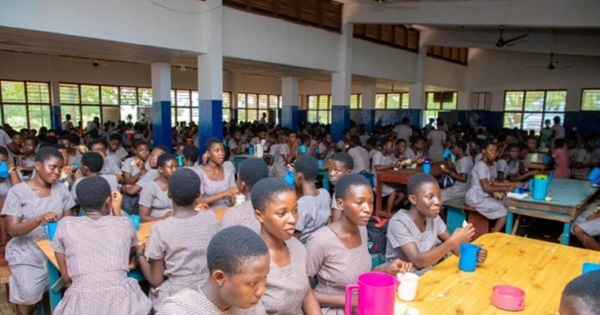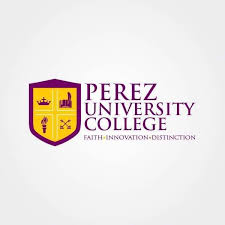Parents Encouraged to Support Food Provision as SHS Faces Supply Challenges

The Conference of Heads of Assisted Senior High Schools (CHASS) has called on parents to help address food shortages at Senior High Schools (SHS) by supplementing the food supplies for their children. This appeal comes as the Free Senior High School (SHS) program continues to face ongoing financial challenges, including delays in government payments for food provisions, which have put a strain on schools’ ability to provide adequate meals for students.
Despite earlier pleas by CHASS to delay the resumption of schools due to the financial difficulties surrounding the Free SHS program, schools have resumed operations as planned. However, the situation remains concerning. In a recent interview with Joy News, Primus Baro, the National Secretary of CHASS, revealed that many schools across the country are still grappling with critical food shortages. The issue is especially severe in certain regions such as the Upper West, Upper East, and Northern Ghana, where some schools are struggling to provide even the most basic food items. In some cases, essentials like cooking oil, which is crucial for meal preparation, are entirely unavailable.
To address this immediate challenge, CHASS has advised parents to step in and provide additional food items such as gari, shito, and sugar to supplement the provisions made by the schools. Baro acknowledged that while this is far from an ideal situation, it is a temporary measure to ensure that students continue to receive adequate nutrition during this period of food scarcity. He stressed that the situation remains dire, but the involvement of parents in providing additional food could help reduce the strain on the already overstretched school resources.
The Free SHS program, which was introduced to ensure that all children, regardless of their financial background, have access to secondary education, has faced significant challenges since its inception. While it has allowed many students to attend school without paying tuition fees, the program has encountered issues related to infrastructure, resource allocation, and the overall quality of education. The shortage of food in schools is one of the critical consequences of these underlying financial and resource constraints.
One of the main challenges highlighted by Baro is the delayed payments by the government, which have affected schools’ ability to purchase food items for students. This has been particularly problematic in schools located in remote areas, where food supply chains are already vulnerable and dependent on timely payments. The delay in payments has led to the accumulation of debt for many schools, making it difficult to ensure a steady supply of food, which in turn negatively affects students’ well-being.
The food shortage crisis is not just an inconvenience; it poses a serious threat to the health and academic performance of students. Adequate nutrition is essential for concentration, cognitive function, and overall academic success. Without a consistent supply of nutritious meals, students are at risk of facing hunger, which can directly affect their performance in school. CHASS’s request for parents to provide additional food supplies underscores the urgency of the situation.
While this is a short-term solution, CHASS continues to advocate for more sustainable support for the Free SHS program. Baro emphasized the need for better management of resources and a more structured approach to addressing the financial challenges facing schools. Without addressing these fundamental issues, the program’s long-term sustainability and effectiveness may be jeopardized.
While the Free SHS program has provided many opportunities for students, it has also exposed significant challenges in terms of funding, infrastructure, and resource management. The food shortages faced by schools are a direct result of these financial difficulties. CHASS’s call for parents to provide supplementary food is a temporary fix, but it highlights the need for a more comprehensive and sustainable solution to ensure that students receive the necessary nutrition and resources to succeed academically.






